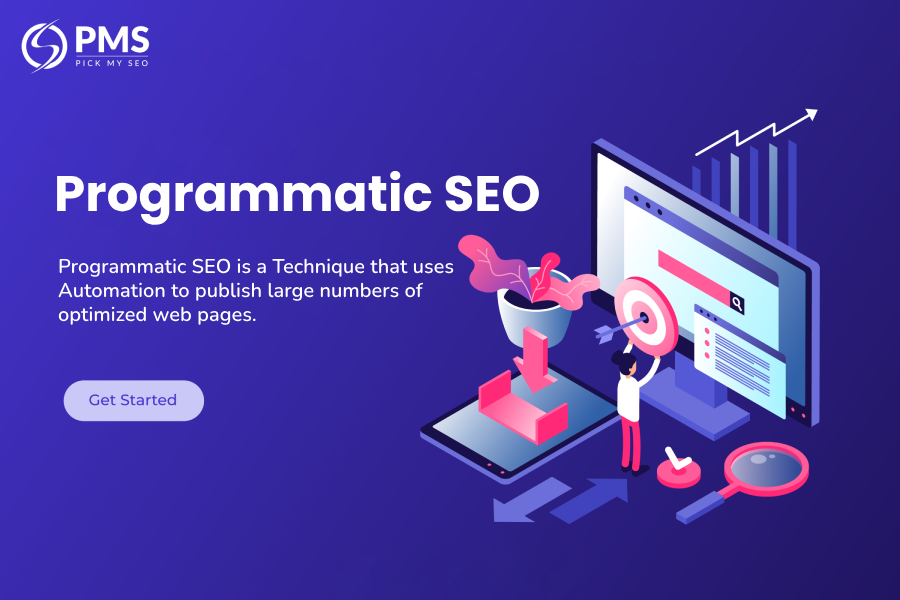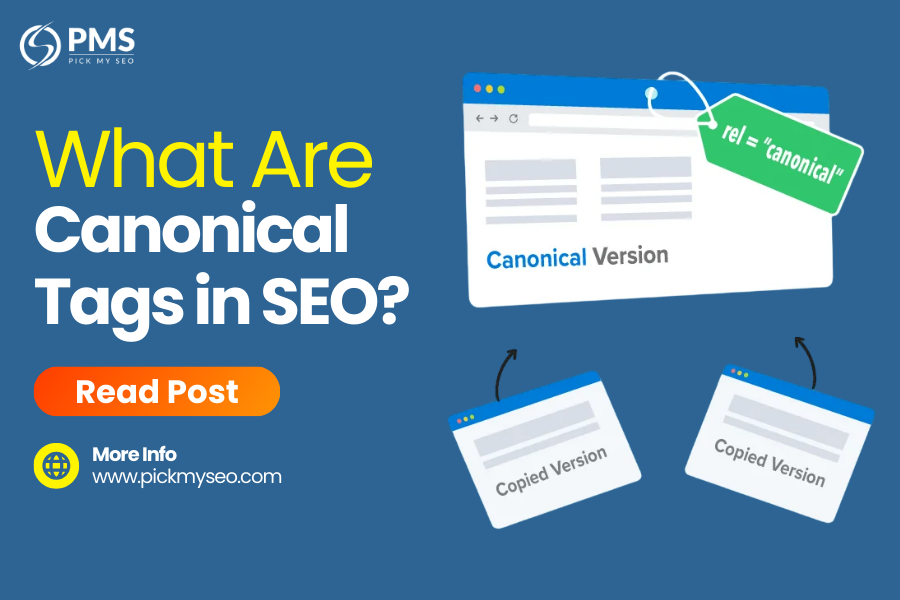With businesses across India striving for top positions on Google, digital experts are urging marketers to embrace ethical strategies that deliver long-term results. The focus, they say, should be on White Hat SEO, a practice that aligns with Google’s guidelines and helps build trust with users and search engines alike.
Search engine optimization has become one of the most important parts of a brand’s online strategy. But while some try shortcuts through questionable methods, White Hat Search Engine Optimization remains the most effective and sustainable way to grow organic traffic.
Digital marketers in cities like Bengaluru, Mumbai, and Delhi are increasingly choosing ethical practices to build strong online reputations. As India’s digital ecosystem matures, White Hat SEO is becoming not just a preferred strategy—but a necessity.
What is White Hat SEO?
White Hat SEO refers to all search engine optimization techniques that follow Google’s guidelines. It focuses on providing value to users through quality content, clear structure, and genuine efforts to improve the website experience.
Unlike Black Hat SEO, which tries to manipulate search rankings through keyword stuffing or link schemes, White Hat Search Engine Optimization is all about playing fair. Google rewards such efforts by ranking websites higher over time.
Common White Hat SEO practices include:
- Creating high-quality and original content
- Improving website speed and mobile usability
- Using proper meta tags and headers
- Earning backlinks through trustworthy sources
Why White Hat SEO Matters in India
India has one of the world’s fastest-growing internet populations. With millions of businesses launching websites, competition for online attention is fierce. That’s why search engine optimization has become critical.
But taking shortcuts can hurt a brand’s image. Search engines like Google are quick to penalise unethical behaviour. In contrast, White Hat SEO offers lasting benefits:
- Stable rankings: No sudden drops from algorithm updates
- Brand trust: Users are more likely to engage with honest content
- Improved user experience: Better navigation, speed, and mobile performance
- Long-term traffic: Consistent flow of organic visitors without risk of penalties
Key Techniques of White Hat SEO
1. Quality Content Creation
The core of White Hat SEO is content. Google values information that is:
- Relevant
- Original
- Helpful to readers
- Updated regularly
Blog posts, how-to guides, infographics, and videos that solve real problems tend to perform best.
Example: An edtech company in Hyderabad publishing blog posts on “Tips to crack UPSC exams” with detailed strategies, updated information, and expert inputs.
2. Keyword Research with Intent
White Hat Search Engine Optimization doesn’t ignore keywords—but it uses them carefully. The idea is to match keywords with user intent, not just stuff them unnaturally into a page.
If someone searches for “best mutual funds in India 2025”, a well-written comparison page with expert opinions and analysis can win top rankings.
3. Clean On-Page SEO
This includes:
- Proper use of H1, H2, and H3 headings
- Including target keywords in the title and meta description
- optimizing image tags
- Maintaining a logical URL structure
Example: www.example.com/top-engineering-colleges-in-india
4. Fast and Mobile-Friendly Sites
Over 80% of internet users in India access websites via mobile. So, White Hat SEO includes responsive design, fast page loading, and a smooth mobile experience.
Tools like Google PageSpeed Insights or GTMetrix help identify improvements.
5. Ethical Link Building
Instead of buying links, White Hat SEO encourages earning them through:
- Guest blogging
- Press mentions
- Influencer outreach
- Sharing quality content others naturally want to link to
Example: A real estate firm in Pune publishing a detailed study on “Rising rental trends in Maharashtra” which gets picked up by financial news websites.
6. Schema Markup
Using structured data (schema) helps Google understand your content better. For example, a recipe site using schema for cooking time, ingredients, and ratings can get rich snippets in search results.
7. Secure Websites (HTTPS)
Google considers site security a ranking factor. A White Hat SEO approach ensures your website has an SSL certificate and is served via HTTPS.
White Hat SEO vs. Black Hat SEO
Here’s a quick comparison to understand the difference:
| Feature | White Hat SEO | Black Hat SEO |
| Follows Google Guidelines | Yes | No |
| Risk of Penalty | Low | High |
| Long-term Results | Yes | No |
| User Value | High | Low |
| Examples | Quality content, ethical links | Keyword stuffing, hidden text |
Real Examples from Indian Startups
- Byju’s: Known for rich content that helps users prepare for exams with detailed articles and videos
- Zomato: Pages optimized for local SEO, fast load times, and mobile-first design
- Policybazaar: Clear information architecture, keyword-optimized comparison pages
All of these companies use White Hat SEO to create value and build long-term visibility.
Challenges in White Hat SEO
White Hat SEO is effective, but not always easy. It requires time, patience, and continuous effort.
Some challenges include:
- Constant algorithm changes
- High competition for popular keywords
- Need for regular content updates
- Difficulty in earning quality backlinks
However, experts believe the rewards are well worth the investment.
“You may not see instant results,” said Rahul Malhotra, a digital marketing trainer in Chandigarh. “But with consistent effort, White Hat SEO builds a digital asset that brings returns for years.”
Tools That Help with White Hat SEO
A few tools that make the process easier:
- Google Search Console: Monitor your search performance and identify issues
- Yoast SEO: On-page SEO for WordPress sites
- SEMrush / Ahrefs: Keyword research and competitor analysis
- Ubersuggest: Budget-friendly keyword tool
- Grammarly / Hemingway Editor: Ensure clean, readable content
Future of White Hat SEO in India
As Google gets smarter, the focus is shifting more towards quality, relevance, and user experience. AI-generated content may be on the rise, but original human input will always be valued.
India’s small businesses, bloggers, and digital entrepreneurs have much to gain from White Hat Search Engine Optimization. Whether it’s a local boutique in Kochi or an IT firm in Noida, ethical SEO can drive meaningful results without the fear of penalties.
Voice search, mobile-first indexing, and personalised search results are also reshaping the SEO landscape. But the principles of White Hat SEO—honesty, value, and clarity—remain unchanged.
Final Word
White Hat SEO is not just a technique—it’s a mindset. It respects users, follows rules, and focuses on building genuine authority. For Indian businesses navigating a digital-first world, it is the safest and most reliable way to rank on Google.
While others may chase fast gains with risky tricks, those who invest in ethical SEO are building for the future. As the internet grows more competitive, White Hat SEO ensures your website stands tall, trusted, and visible.
Frequently Asked Questions
White hat SEO means using fair and honest methods to improve your website's rank on search engines.
White hat SEO follows the rules of search engines, while black hat SEO breaks the rules to get quick results but can lead to penalties.
White hat backlinks are links from other trusted websites that you earn naturally by creating good and helpful content.
There are three main types: white hat (ethical), black hat (unethical), and grey hat (a mix of both).
White hat SEO includes doing keyword research, creating quality content, making your site fast and mobile-friendly, and getting natural backlinks.






